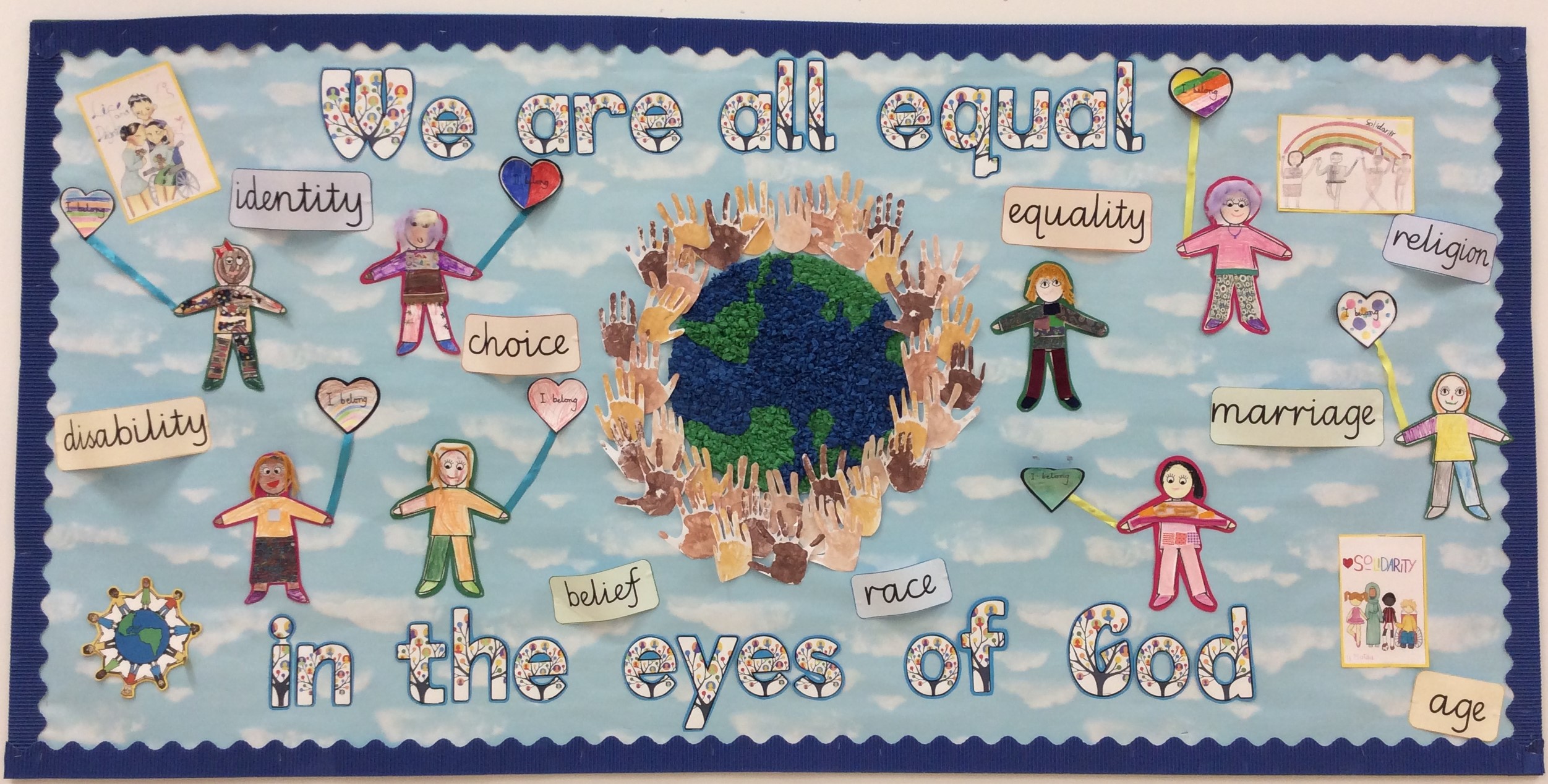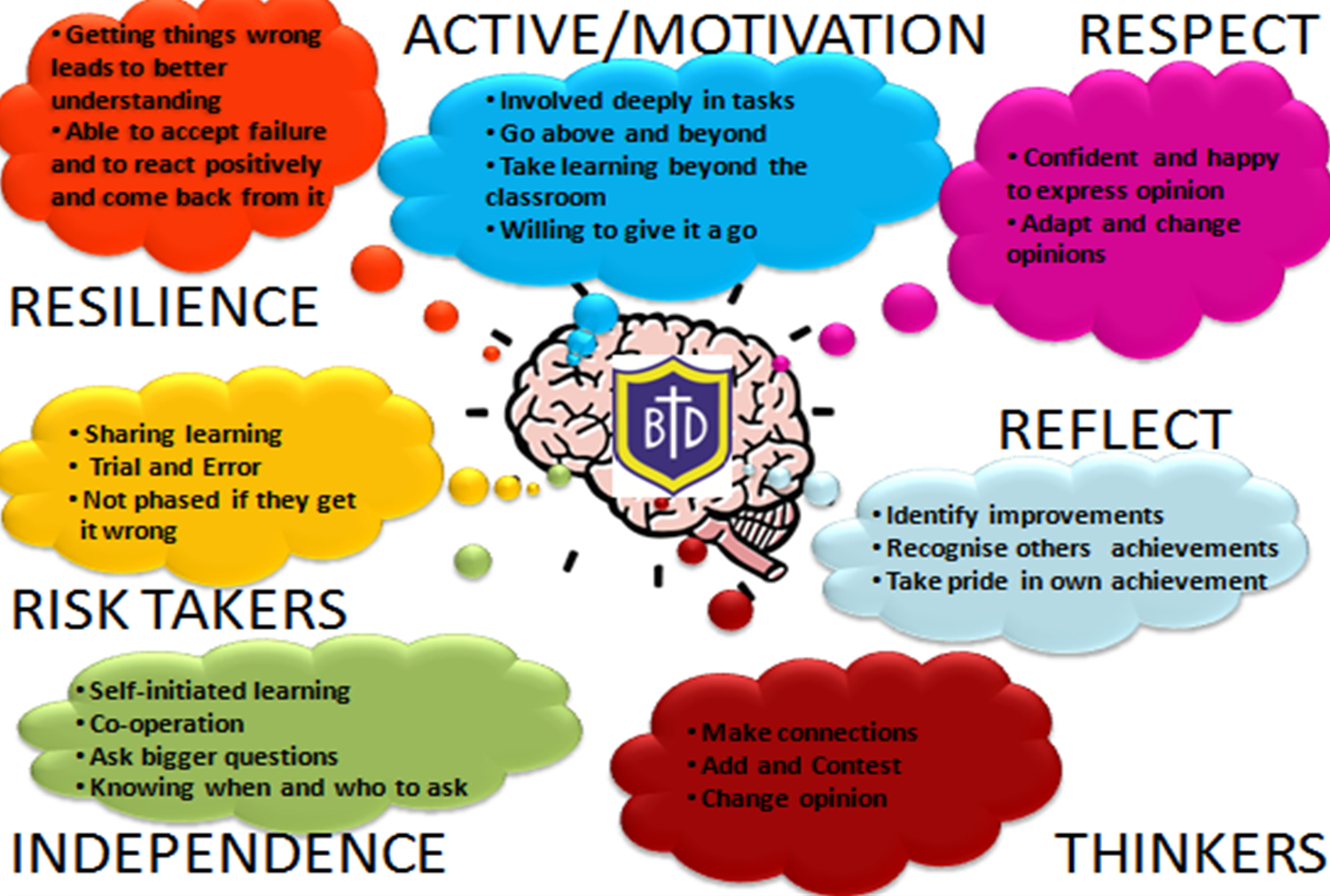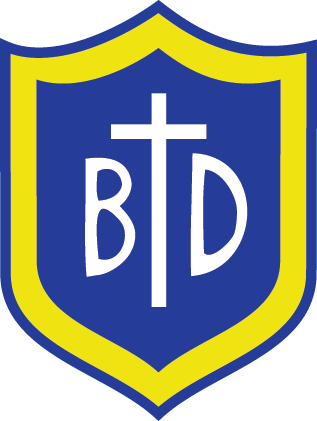PSHE/RSE
PSHE/RSE Vision
At Blessed Dominic Catholic Primary School, personal, social, health and economic (PSHE) education enables our children to become healthy, independent and responsible members of society. It aims to help children to develop a Catholic understanding of themselves and the world in which they live. The curriculum at Blessed Dominic intends to support children in identifying how they are developing personally and socially, and tackles many of the moral, social and cultural issues that are part of growing up.
We provide our children with opportunities for them to learn about rights and responsibilities and appreciate what it means to be a member of a diverse society. Our children are encouraged to develop their sense of self-worth by playing a positive role in contributing to school life and the wider community. Throughout the PSHE curriculum children are given opportunities to build resilience and challenge themselves through their learning.
The curriculum will demonstrate appropriate subject knowledge, skills and understanding to fulfil the duties of the Relations Education (RE), Relationship and Sex Education (RSE) and Health Education (HE). At Blessed Dominic we have adapted our PSHE curriculum to suit our pupils, school and community.
Overarching concepts developed through our curriculum:
- Identity (their personal qualities, attitudes, skills, attributes and achievements and what influences these; understanding and maintaining boundaries around their personal privacy, including online)
- Relationships (including different types and in different settings, including online)
- A healthy (including physically, emotionally and socially), balanced lifestyle (including within relationships, work-life, exercise and rest, spending and saving and lifestyle choices)
- Risk (identification, assessment and how to manage risk, rather than simply the avoidance of risk for self and others) and safety (including behaviour and strategies to employ in different settings, including online in an increasingly connected world
- Diversity and equality (in all its forms, with due regard to the protected characteristics set out in the Equality Act 2010)
- Rights (including the notion of universal human rights), responsibilities (including fairness and justice) and consent (in different contexts)
- Change (as something to be managed) and resilience (the skills, strategies and ‘inner resources’ we can draw on when faced with challenging change or circumstance)
- Power (how it is used and encountered in a variety of contexts including online; how it manifests through behaviours including bullying, persuasion, coercion and how it can be challenged or managed through negotiation and ‘win-win’ outcomes)
- Career (including enterprise, employability and economic understanding)
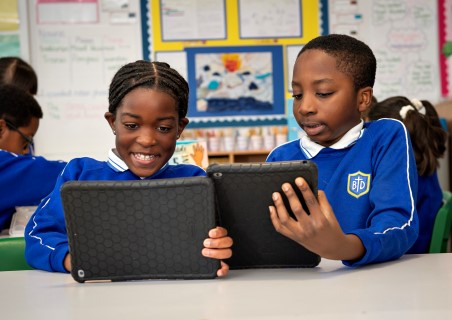
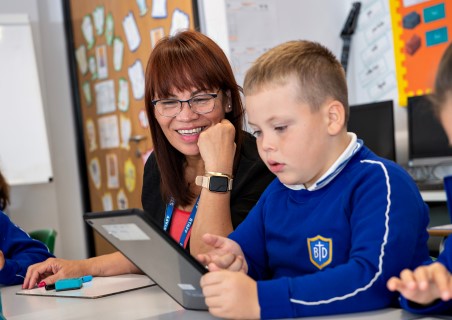
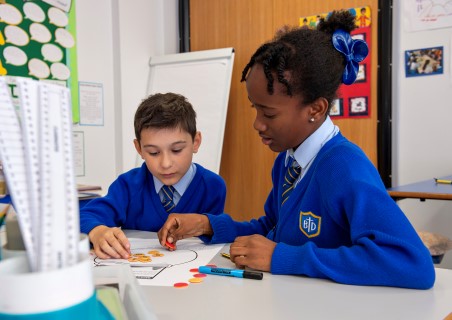
Characteristics of a Good Citizen
At Blessed Dominic Catholic Primary school, we are Good Citizens. We are able to...
- apply our skills and attributes to help navigate ourselves through modern life.
- understand how to be healthy, open minded, respectful, socially and morally responsible members of society
- understand that we are all created by God to be different and that these differences should be celebrated
- recognise and apply the British Values of Democracy, Tolerance, Mutual respect, Rule of law and Liberty
- understand and manage our emotions
- Know the importance of looking after our mental health and know when to seek help and where to go for help
- develop positive, healthy relationship with our peers both now and in the future.
- understand the physical aspects involved in RSE at an age-appropriate level
- have respect for ourselves and others.
- have a positive self esteem
- understand how to keep ourselves and others safe, including online.
- live a healthy lifestyle, achieved by eating sensibly, avoiding smoking, drugs and alcohol and exercising regularly.
What does this look like at Blessed Dominic Catholic Primary School in…
EYFS
Pupils in EYFS develop their Personal, Social and Emotional skills throughout the year through circle times, weekly RSE sessions and clear teacher modelling throughout the school day. Children are encouraged to build positive relationships with peers and adults, be confident to try new activities and show independence, resilience and perseverance in the face of challenge. Show an understanding of their own feelings and those of others, and begin to regulate their behaviour accordingly.
KS1
The pupils in KS1 will cover topics including Health and Wellbeing, Relationships and Living in the Wider World along with RSE sessions from the Live Life to the Full Scheme of work. Each year group will cover content related to each theme every year. We make constant links to previous learning and experiences and build upon these. We aim to deliver our PSHE curriculum in a creative way by using strategies such as role-play, music, singing, discussion, debate, games, etc. These strategies enable pupils to build upon our Learning Behaviours such as confidence, resilience, curiosity, and responsibility.
KS2
The pupils in KS2 will develop a greater depth in the three core themes whilst building on existing knowledge and covering more age-appropriate topics throughout their weekly PSHE lessons. The curriculum for KS2 is also delivered in a creative way to enable the pupils to become fully immersed in their learning.
Memorable experiences and whole school events
Whole school events, such as Anti Bullying week and Children’s Mental Health Awareness Week give the opportunity for pupils to feel a sense of unity in the school and is a good way of not only showcasing pupils' work, but also showing the progression of skills throughout the school.
Cross Curricular
Teachers should deliver the PSHE programme of study using cross curricular links where possible. Many of the learning objectives can be covered using other curriculum subjects such as RSE, Science, PE, D&T and Computing.
Trips and extracurricular opportunities
Trips and visitors will enrich learning. It will provide pupils with memorable experiences and enhance their learning experience.
Planning
Teachers plan in phases to ensure progression of skills across phase and ensure that teaching is providing exciting and memorable experiences.
Assessment
Assessments will take the form of pre/post-topic mind maps, quizzes, end of unit pieces of work, peer assessment and self-assessment and teacher assessments throughout the unit.
Challenge
All pupils, especially those with sound understanding, will be challenged and given the opportunity to deepen and broaden their learning. Teachers will give pupils the opportunity to apply their skills in lessons independently.
Impact
At Blessed Dominic Catholic Primary School, we measure the impact of our PSHE curriculum through the following methods:
Pupil Voice
Pupils will show through questionnaires, pupil conferencing and focus groups their understanding and enjoyment of the subject.
Evidence
Books will show work which reflects pupil’s age and ability. Progression both within and between year groups will be evident and quality of work is consistent. A range of knowledge, skills and activities to apply these will be apparent and evidence of practical activities and trips which support learning will also be evidenced.
Outcomes
Outcomes of work will reflect those planned. Outcomes will reflect the age and ability of pupils. Pupils will have access to a broad range of activities and outcomes will reflect the well planned and delivered curriculum.
